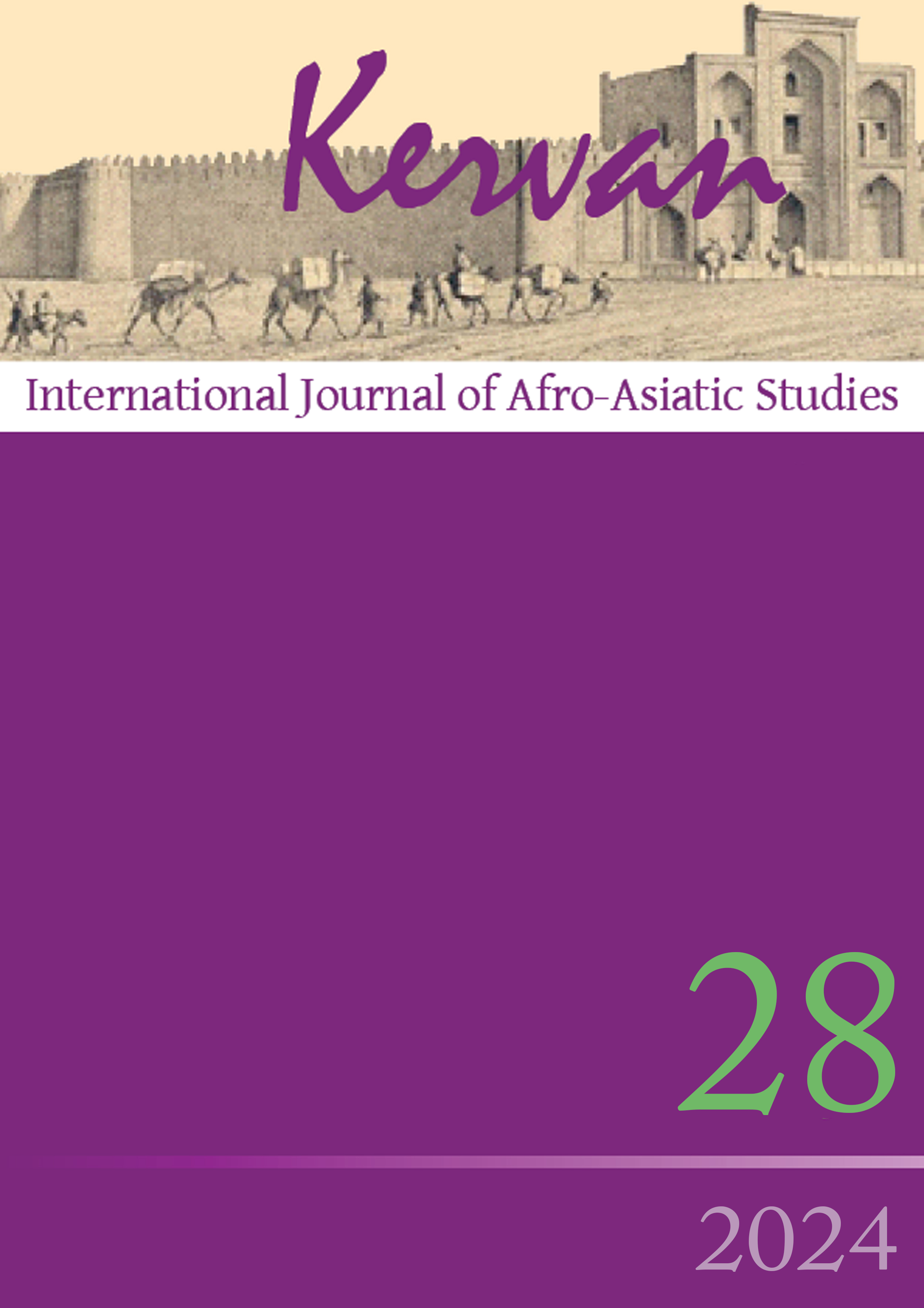Gender politics and politics in gender in Iringa District (Tanzania)
DOI:
https://doi.org/10.13135/1825-263X/9946Abstract
The paper deals with gender politics in Tanzania through a social, historical and literary perspective. This analysis is the result of a two months fieldwork based in the rural area of the Iringa region, where I collected data related to gender-based issues expressed by women and girls of several ages and generations thanks to the collaboration with two NGO’s that operate in the area, namely the Tanzanian PSBF and the Italian CEFA. Through a historical analysis, this paper sheds the light on the women’s active participation in the liberation movements since pre-colonial time in Tanganyika and then Tanzania, presenting the path of several women’s struggles that contributed to the ideation of the gender politics of today.
Nowadays, patriarchal oppression is strictly bounded to globalization and cash-based economy. These topics are analysed in the Swahili literal repertoire and discussed by the contemporary African feminist movements that will be presented above.
Downloads
Downloads
Published
Issue
Section
License
Gli autori che pubblicano su Kervan accettano le seguenti condizioni:
- Gli autori mantengono i diritti sulla loro opera e cedono alla rivista il diritto di prima pubblicazione dell'opera, contemporaneamente licenziata sotto una Licenza Creative Commons - Attribuzione che permette ad altri di condividere l'opera indicando la paternità intellettuale e la prima pubblicazione su questa rivista.
- Gli autori possono aderire ad altri accordi di licenza non esclusiva per la distribuzione della versione dell'opera pubblicata (es. depositarla in un archivio istituzionale o pubblicarla in una monografia), a patto di indicare che la prima pubblicazione è avvenuta su questa rivista.


 The articles that have appeared on Kervan since 2016 are rated as Class A in the system of National Scientific Qualification (ASN, disciplines 10/N1 and 10/N3).
The articles that have appeared on Kervan since 2016 are rated as Class A in the system of National Scientific Qualification (ASN, disciplines 10/N1 and 10/N3). The journal has been approved for inclusion in DOAJ. The DOAJ listing of the journal is available at
The journal has been approved for inclusion in DOAJ. The DOAJ listing of the journal is available at  The journal has been approved for inclusion in ERIH PLUS. The ERIH PLUS listing of the journal is available at
The journal has been approved for inclusion in ERIH PLUS. The ERIH PLUS listing of the journal is available at  Kervan was just accepted for indexing in SCOPUS. This important milestone ensures that articles published in Kervan are easily found when searching for library, archives and Information science and it enables Kervan authors to keep track of how often their article has been cited by others.
Kervan was just accepted for indexing in SCOPUS. This important milestone ensures that articles published in Kervan are easily found when searching for library, archives and Information science and it enables Kervan authors to keep track of how often their article has been cited by others.

